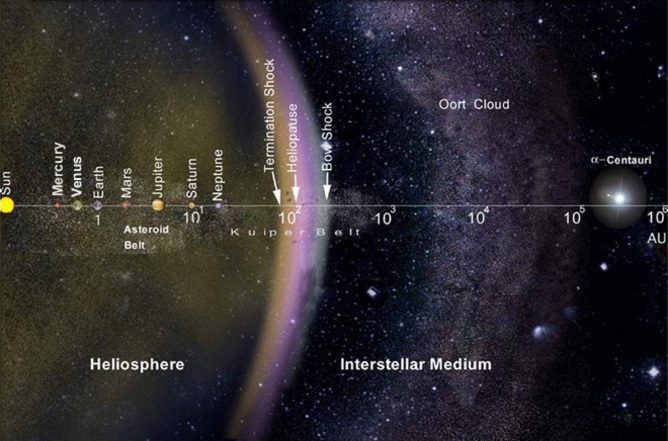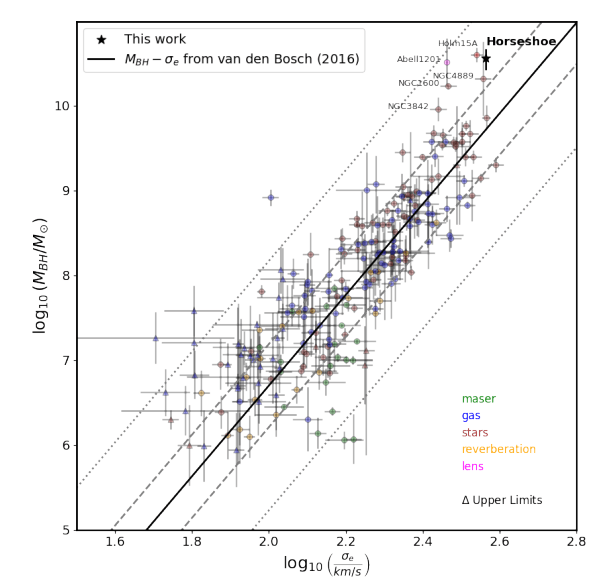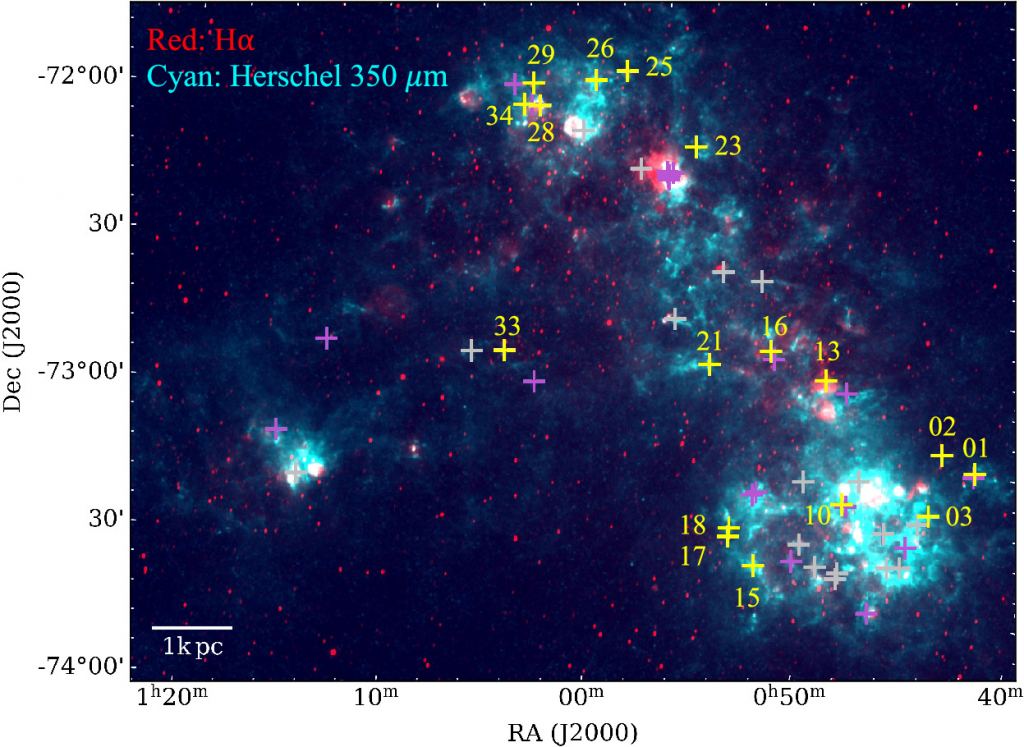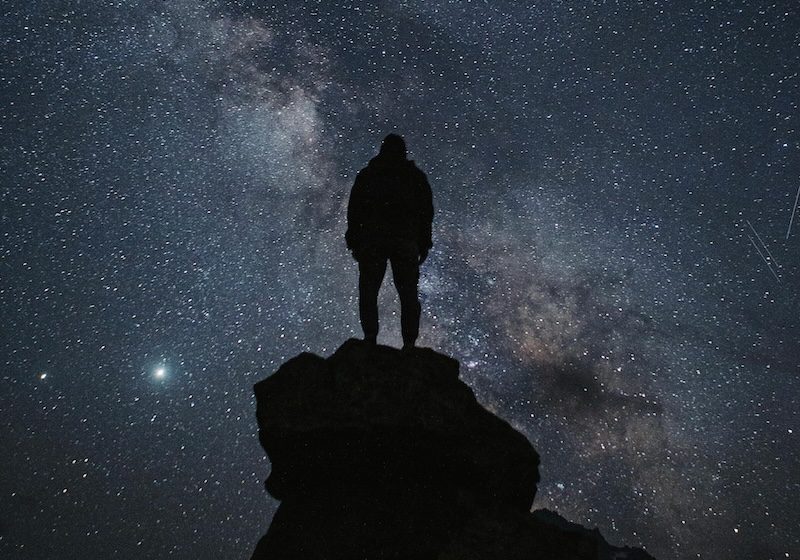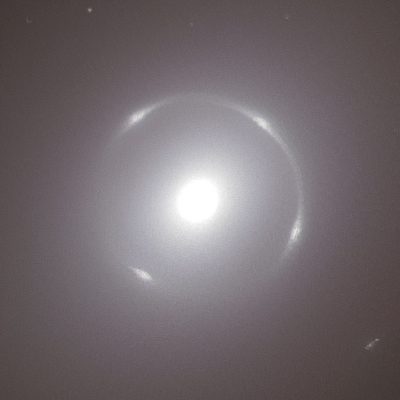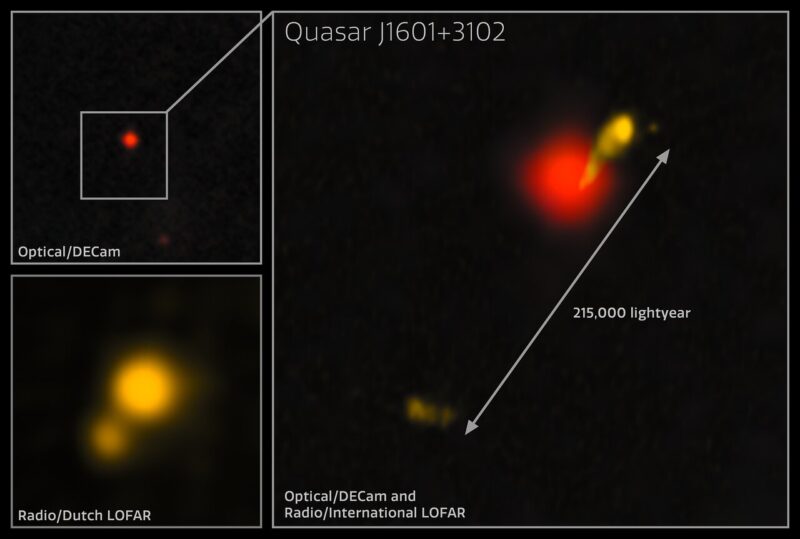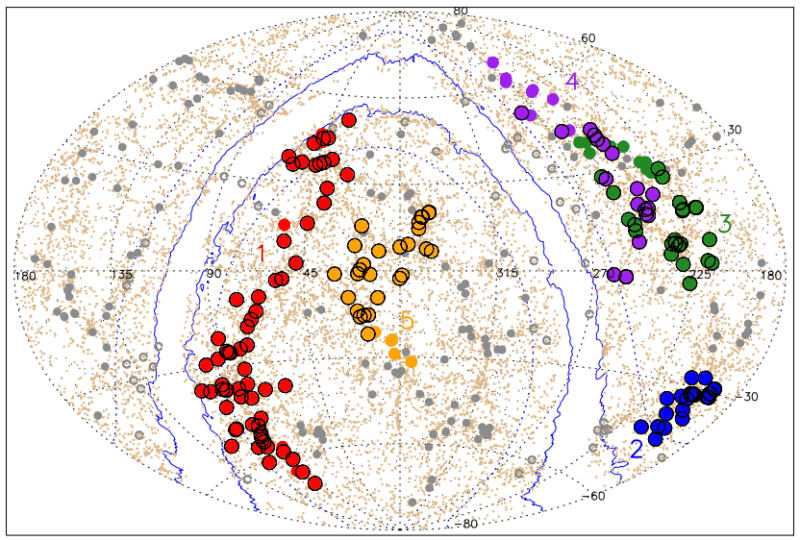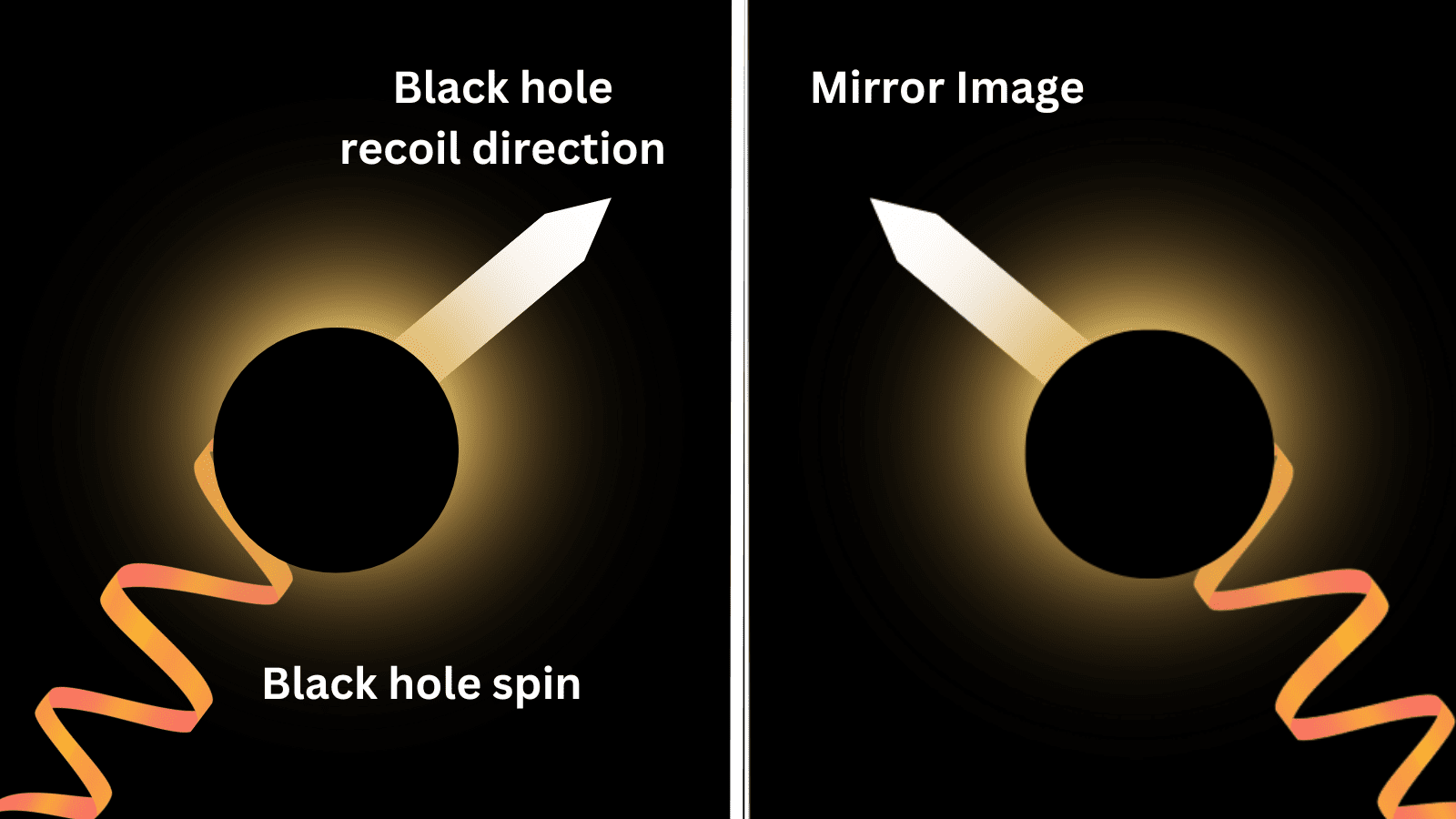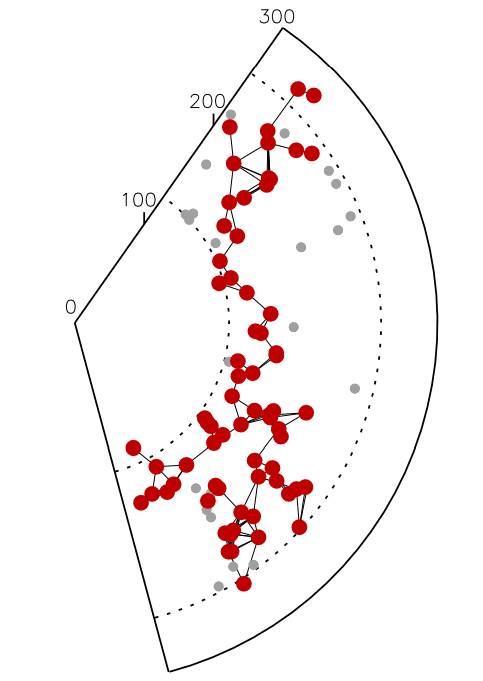NASA supercomputer finds billions of comets mimicking the Milky Way’s shape: ‘The universe seems to like spirals!’
Spirals are a repeating theme in astronomy, with arguably the most famous example of a swirling armed structure being our home galaxy, the Milky Way. Now, using a powerful NASA supercomputer called “Pleiades,” scientists have discovered yet another spiral structure on the edge of our solar system. The spiral is composed of billions of icy … Read more
